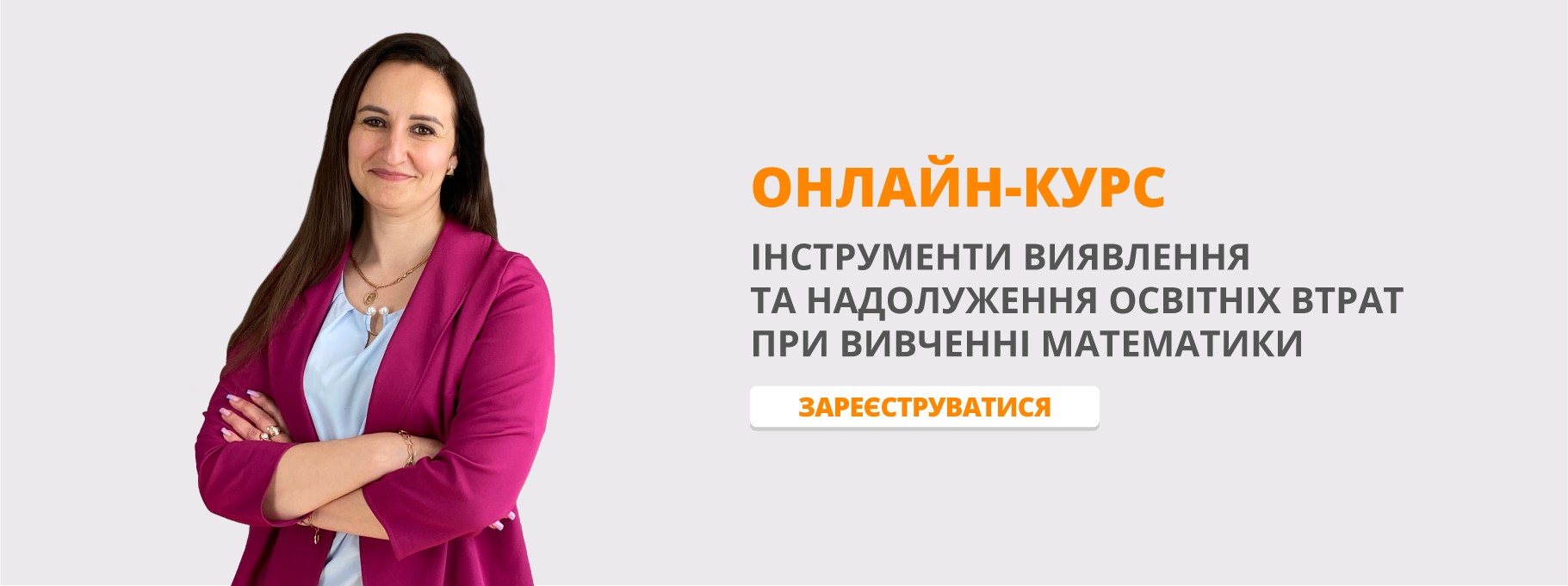Teaching blueprint " Свята і традиції"
Contextualising learning
Grade 5
External context
|
Topic, sub-topic |
Situation |
|||||
|
Locations |
Persons |
Objects |
Events |
Operations |
Texts |
|
|
-Календар свят в Україні та країнах виучуваної мови -Традиції святкування
|
House Ukraine England School Inside/outside Street |
Pen-friends family classmates St.Nicholas Santa Claus |
Presents Christmas tree Decorations Cards |
parties Christmas eve New Year Halloween Easter Birthday visiting relatives family celebrations |
Buying and giving presents Congratulating people Sending invitation cards Decorating a house making costumes cooking dishes
|
-postcards - articles - e-mails - advertisement - guide book Greeting wishes Songs Poems Recipes |
Communicative language skills
|
Oral comprehension |
Written comprehension |
Oral interaction |
Written interaction |
Online interaction |
Oral production |
Written production |
|
Can understand short story, dialogue. Can answer the questions, get main information. Can share information about holidays in Ukraine and compare it with the holidays of another culture.
|
Can understand simple information about holidays and traditions. Can find necessary info (place, date, address etc).
|
Can answer the questions about the holidays. Can understand the main ideas about holidays.
Can understand greeting words and songs and talk with partner.
|
Can present simple ideas in writing. Can write a short greeting and congratulations |
Can send e-mail with congratulations or invitations. Can react to greeting |
Can briefly describe holidays.
Can tell about favourite holiday and its celebrating with simple sentences.
|
Make up a list with favourite holidays.
Can complete the sentences giving the main information about holidays.
Can produce a simple post of a favourite holiday |
Core skills
|
|
||||
|
Critical thinking |
Creative thinking |
Communication |
Collaboration |
Emotional development |
|
Can compare Ukrainian and England holidays and customs. |
Can make invitation cards and write them down.
Can add information to other’s ideas about holidays and traditions, costumes etc.
Can create a simple short story about holidays in England and in Ukraine |
Can ask questions about presents wishes etc .
Can discuss with others holidays, traditions, celebrations and speak over their own experience.
Can use appropriate forms greetings
|
- Can create a poster.
-Can make a group project, for instance “Holidays in Ukraine”.
-Can make dialogues about traditions of celebrating.
|
Can express their likes and dislikes.
Can describe the emotions during celebrations.
|
|
|
|||||
|
Language functions |
Sample exponents |
Sample vocabulary |
Sample grammar |
||
|
Describing liking and disliking, asking for and giving information, comparing and expressing own impressions, emotions, feelings, agreeing/disagreeing |
What’s your favourite holiday?Do you celebrate that holiday with your family or with your friends?What holidays do you celebrate?What are your favourite religious holidays? What do you know about foreign holidays?What holiday food do you like?My favourite holiday is… I celebrate it with…My favourite religious holidays are… We decorate…Do you know about … Halloween (New Year) etc.?Do you like Halloween(Christmas)….?
|
a parade fireworks a barbecue
Christmas tree St. Nicholas New Year May Day St. Nicholas’ Day |
turkey pumpkin pie burgers corn on the cob sweet potatoes pecan pie
A holiday A tradition A party Presents A gift |
to get flowers to sing carols to wear vyshyvankas to wear fancy dress the New Year tree
To celebrate To invite to make a birthday cake to make a wish to make postcards to decorate a house and a fireplace |
Adverb: adverbs of frequency (always, often, sometimes, never) Conjunction: because, and, but, or Verb: there is / there are; have got, to be going to Past SimpleTense, Present Simple Tense, Future Simple Tense Imperatives Numerals and Dates
|
Sample learning outcomes for the topic
By the end of studying the topic, learners will be able to:
- Make up dialogues using the model
- To work with short simple texts according to the theme
- Can write a letter to a friend( up to10 sentences)
- Can compare the celebrations in Ukraine and England
- Can write some sentences about their favourite holiday.
- Express their feelings and emotions according to the topic.
- To review and learn vocabulary for talking about holidays and holiday activities
- To practise speaking and listening skills
- To practise reading skills
- To discuss the ways of spending holidays
- Make a short presentation about holidays in Ukraine and England
Sample assessment for learning strategies
- Help students share their ideas in class according to the topic.
- Organize a discussion to check how students understand the theme and separate what they do and don’t understand.
- Elicit difficulties in learning this theme using tests, questions etc.
- Help learners to ask questions and with their feedback.
- Provide learners with all the necessary information they can use.
- Help students create their own blog about holidays and traditions.
- Draw invitation card.
- Encourage learners to ask questions to clarify understanding.
- Clearly communicate to learners what is being learnt and why on the topic, so that learners make sense of what they are doing and see the value of it.
- Negotiate what success looks like with learners to help them understand where they are going in their learning.
- Provide examples of successful performance to help learners understand the criteria for success.
- Give feedback to help learners move from their current performance to the desired performance
www.britishcouncil.org

про публікацію авторської розробки
Додати розробку
